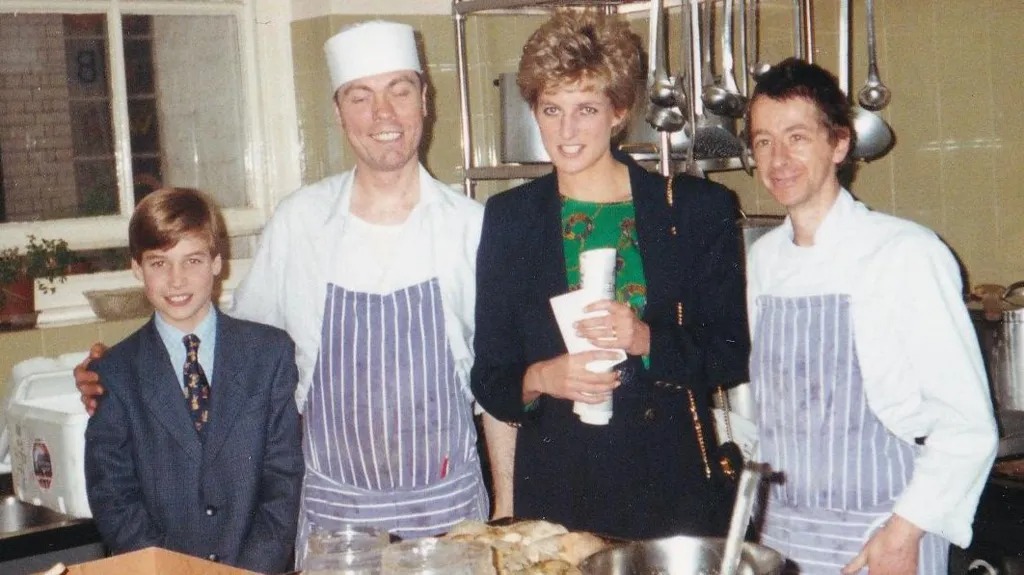Sean “Diddy” Combs: From Party King to Legal Trouble
Once, an invitation to a party hosted by Sean “Diddy” Combs was among the most coveted in the entertainment industry. With guest lists boasting names like Justin Bieber, Mariah Carey, Paris Hilton, and Jennifer Lopez, attendees had the chance to mingle with top celebrities. Jay-Z and Beyoncé even debuted new music at his events.
“When Diddy winked at you and invited you into the VIP section, you knew you were in for a great night,” recalled Rob Shuter, a former publicist for the rapper, in an exclusive interview with BBC News.
Today, Mr. Shuter’s former star client finds himself in a Brooklyn jail cell, a stark contrast to the lavish parties he once hosted in the Hamptons.
Combs’s fall from grace has been precipitous, marked by a federal criminal case accusing him of sex trafficking and racketeering conspiracy. Additionally, over a dozen civil lawsuits have been filed, alleging assaults, rape, and sexual extortion. One lawyer claims to represent more than 100 alleged victims.
The Harlem-born rapper has consistently denied any wrongdoing regarding both criminal and civil allegations. Although his representatives declined to comment for this story, Erica Wolff, a lawyer for Combs, has previously stated that the rapper “emphatically and categorically” denies the allegations, calling them “false and defamatory.”
Combs is set to go on trial in May 2025.
The Party King Who Coveted Royalty
Rob Shuter, who worked for Diddy from 2002-04, noted that Combs was at a pivotal point in his career when they began working together. Having founded Bad Boy Records in 1993, Combs represented major hip hop artists like Notorious B.I.G. and Usher. In 1998, he launched the Sean John clothing line, which became a cultural phenomenon. His ventures expanded to fragrances, alcohol, and a media company, hosting reality shows to discover new talent.
According to Shuter, Combs sought to elevate his career by transforming his persona, using his parties to remain at the entertainment industry’s forefront. “He was figuring out that becoming the party king of New York was the way to garner attention,” Shuter said.
Shuter described Combs as obsessed with power and fame, always keen on being photographed and showcasing his lifestyle. It was Shuter’s job to keep “Diddy” at the top, likening the experience to being part of a circus, with the rapper as the “ringmaster.”
Shuter claimed he never witnessed any sexual misconduct but acknowledged the power imbalance. “What I haven’t seen is what is now alleged, which is just horrific,” he said.
Combs was reportedly fascinated by the British royal family, often asking Shuter to invite Prince Harry and Prince William to his parties, offering to cover all expenses. Although the princes never attended, Combs kept framed pictures of them in his lavish New York apartment, seeing himself as a king with a royal entourage.
Rejecting an invite from Combs was rare. Shuter described the security at Combs’s apartment as resembling an airport, with metal detectors and armed guards. Combs maintained a tightly controlled image and security.
White Parties with a Dark Side
In Beverly Hills, Combs lived on a street known for its high-profile residents, including Hugh Hefner’s Playboy mansion. His estate, guarded by towering gates and flaming torches, often drew police complaints from neighbors.
A freedom of information request revealed that police were dispatched to Combs’s mansion 14 times over seven years due to parties. Neighbors described seeing women who appeared disoriented and scantily clad outside his property.
Combs’s Beverly Hills mansion was one of several venues for his annual “White Party,” held from 1998 to 2009. These events began in the Hamptons, combining East Hampton’s old-money elite with rising hip hop stars under a strict all-white dress code. Combs described the parties as breaking down racial and generational barriers.
However, recent lawsuits paint a darker picture of these events. One lawsuit, filed by a man who was 16 at the time, described being sexually assaulted by Combs at a White Party in 1998. Another lawsuit by former adult film star Adria English alleged she was groomed for sex trafficking at these parties, where drinks were allegedly laced with drugs. Additional lawsuits detail similar allegations of drugging and sexual assault.
Combs’s legal team has dismissed the lawsuits as publicity stunts. However, the allegations span over a dozen civil lawsuits accusing him of coercion and assault, with both men and women claiming they were intimidated by Combs’s power in the entertainment industry.
Federal Charges and the Road Ahead
Federal authorities are focusing on so-called “Freak-Off” parties held in hotel rooms, where Combs allegedly engaged in sex trafficking and recording sex acts. The indictment details how Combs and his associates prepared these events with drugs and recording equipment, coercing participants through threats and drugs.
During raids on Combs’s Los Angeles and Miami mansions, law enforcement seized AR-15-style guns, large-capacity magazines, and thousands of bottles of lube and baby oil.
Activists and survivors of sexual violence hope Combs’s case will drive meaningful change within the music industry. Gloria Allred, a prominent women’s rights lawyer, represents Thalia Graves, who alleges she was drugged and raped by Combs in 2001. Allred believes the fallout from Combs’s arrest is far from over.
As Combs left a recent court appearance, he expressed love and prayer to his family. Fans gathered outside the courtroom, hoping to show support for the rapper.
Reflecting on the media storm surrounding Combs, Shuter noted the irony. “He wanted to make himself the most famous person in the world, and ironically, now he is,” he said.




